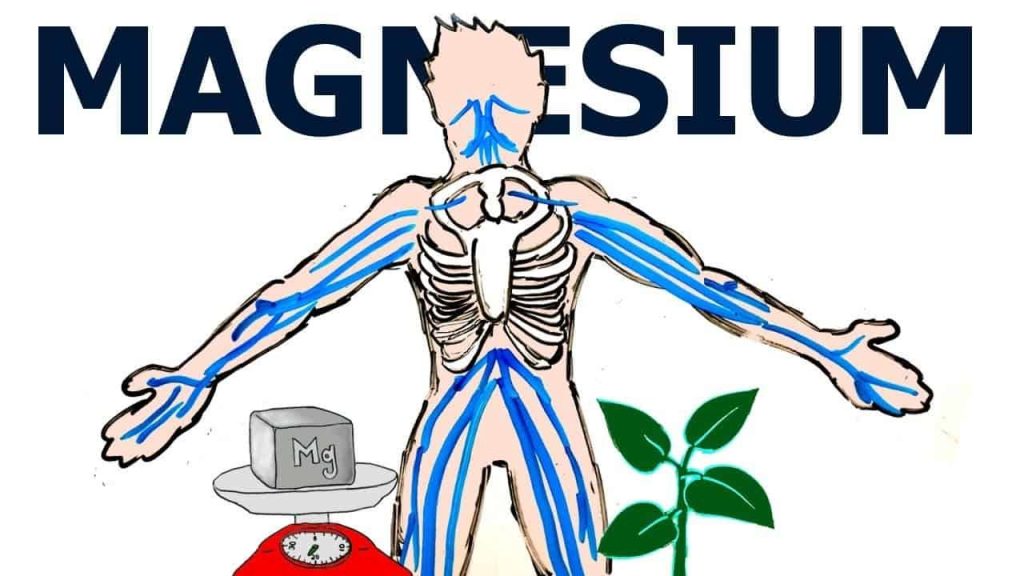The role of magnesium in promoting women’s bone health

When it comes to women’s health, maintaining strong bones is of utmost importance. While calcium and vitamin D often take the spotlight in discussions about bone health, one mineral that deserves equal attention is magnesium. Magnesium plays a crucial role in promoting women’s bone health and overall well-being.
The Importance of Bone Health for Women
Women are particularly prone to developing osteoporosis, a condition characterized by weak and brittle bones. This is due to several factors, including hormonal changes during menopause, lower peak bone mass compared to men, and the bone loss that occurs with age. It is estimated that one in every two women over the age of 50 will experience an osteoporosis-related fracture in their lifetime.
Therefore, adopting preventive measures to maintain optimal bone health is vital for women. While calcium is widely recognized for its role in bone health, magnesium is often overlooked despite its numerous benefits.
The Magnesium–Bone Connection
Magnesium is involved in various biochemical processes in the body, including bone formation and maintenance. It acts as a co-factor for many enzymes involved in bone metabolism, helping to regulate the deposition and removal of bone minerals.
Research has shown that magnesium deficiency can lead to impaired bone quality, decreased bone density, and an increased risk of osteoporosis. Studies have also found a positive association between higher magnesium intake and better bone mineral density (BMD).
Benefits of Magnesium for Women’s Bone Health
1. Enhanced Calcium Absorption: Magnesium aids in the absorption and metabolism of calcium. Without adequate magnesium levels, calcium may not be efficiently utilized by the body for bone formation.
2. Hormonal Balance: Magnesium plays a role in modulating hormones involved in bone health, such as estrogen and parathyroid hormone (PTH). Estrogen helps to maintain bone density, while PTH regulates calcium and phosphorus levels in the body.
3. Reduced Inflammation: Chronic inflammation can contribute to bone loss. Magnesium has anti-inflammatory properties that can help reduce inflammation and preserve bone health.
4. Muscle Function: Strong muscles are essential for supporting and protecting the bones. Magnesium aids in proper muscle contraction and relaxation, contributing to overall bone strength and preventing falls or fractures.
Sources of Magnesium
While supplementation is an option, it is recommended to obtain magnesium through a balanced diet. Good food sources of magnesium include:
– Leafy green vegetables such as spinach, kale, and Swiss chard
– Nuts and seeds like almonds, cashews, and pumpkin seeds
– Legumes such as black beans, chickpeas, and lentils
– Whole grains including quinoa, brown rice, and oats
– Avocado, bananas, and dark chocolate
Conclusion
When it comes to women’s bone health, magnesium is a mineral that should not be overlooked. Its role in bone formation and maintenance, along with its ability to enhance calcium absorption and regulate hormones, makes it an essential element for strong and healthy bones. By incorporating magnesium-rich foods into their diets, women can take a proactive approach to promote optimal bone health and reduce the risk of osteoporosis.





